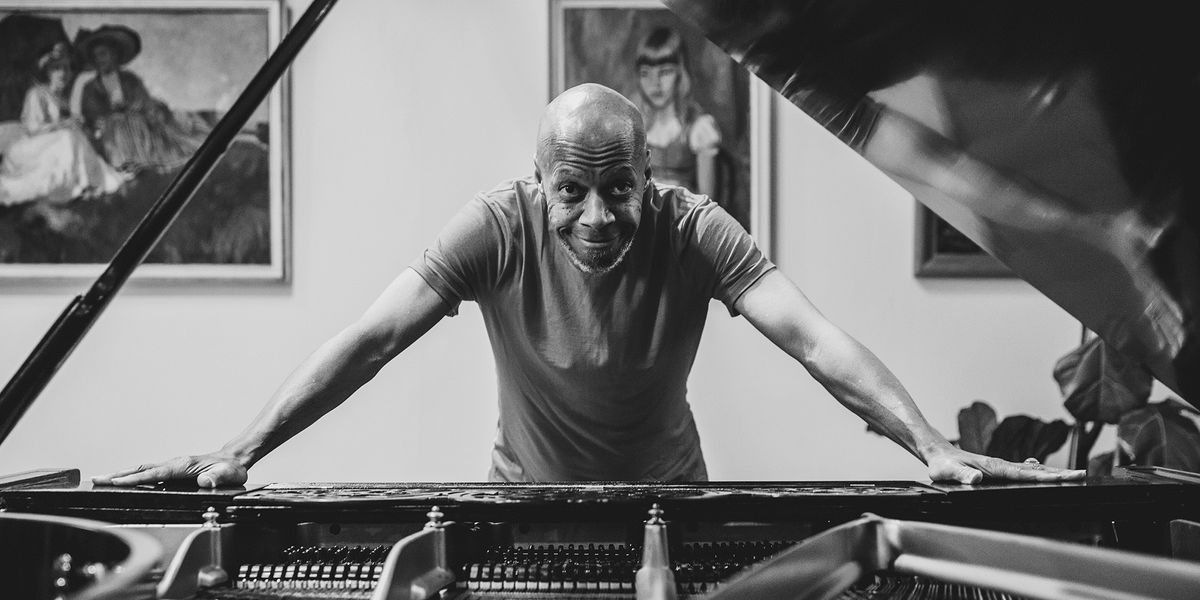Reissues, re-appraisals, belated recognition, musician/fan curations, and re-contextualizations have all done a tremendous service for pioneering experimental, ambient, and drone artists over the last decade or so. The Music from Memory label has reminded us of Roberto Musci or Priscilla Ermel. Alice Coltrane’s priceless back catalogue has finally gotten the attention it has so long deserved, including the music she recorded during her days running an Ashram in California, sounds she had never intended for a wider audience.
More recently, shrugging off song form for something deeper has informed sonic travelers from Julianna Barwick to Sarah Louise to Phil Elverum. Perhaps we’re all finding more opportunity, or need to simply surrender to a higher calling as the times that swallow us become increasingly ugly. Maybe the initial wave of post-hippie new age cynicism has long passed. Or possibly the more open-ended sonic paths listeners and players alike are traveling has forced us to realize that, underneath the cosmic mumbo jumbo that often seems to come with embracing breathing trees or playing music in tune with your cats’ vibrations, comes some sounds of the highest order, outside of any social hierarchy, belonging to all cultures equally.
Thanks to reissues on Numero and Light in the Attic, in particular, we now know most of what fell into the category of “new age” was pressed privately, never widely distributed, and at its best, tapped into the musicians’ sense of connection to the planet and the galaxy. Philadelphia-born former comedian and actor Edward Larry Gordon, known since his late 1970s change of consciousness as Laraaji, has perhaps been among the ambient pioneers who has most benefited from this renewed interest in amorphous, chakra-cleansing musical trance.
Known largely for his electronically-enhanced zither work, which Laraaji once played in New York City’s Washington Square Park and which led to the Brian Eno-produced Ambient 3: Day of Radiance, he has released dozens of cassettes, CDrs, collaborated with like-minded sonic-travelers such as Blues Control and Sun Araw as well with “A Cave in England” and the sun itself. But the piano was his first instrument, and before his shift into the cosmos, he played in Philly-area Baptist churches, as well as DC’s Howard University in the 1960s, where he connected with Bobby Timmons and Donny Hathaway. So it only makes sense that he’d eventually return to it.
Sun Piano then is quite the departure from the electronic minimalist ecstasy of such recent recordings as Bring on the Sun or earlier efforts, which concerned themselves with tracks that retained a single focus for upwards of 30 minutes. Recorded in 2018 at the First Unitarian Church in Brooklyn, these solo, one-take, instrumental performances often feel like gospel. “This Too Shall Pass” rides a simple motif, bouncy, sincere and joyful. “Moods and Emotions” is all staccato chord plunks, but the melody is still decipherable, and not surprisingly, uplifting. Perhaps the closest the listener gets to Laraaji’s more minimal tendencies comes with the album’s closer, “Embracing Timeless”. Here, he revels in calm ripples of notes and suspended patterns like ocean water gently washing over sand and shells.
All this said, there’s a solid chance this LP might disappoint those who have come to the musician and mystic through his vast back catalogue of more blissful excursions. It’s not his apparent lack of technique, but with the departure of electronics, a lack of total immersion that’s missing. While this LP seems like a new chapter for a musician receiving some significant late-career attention, it can also be seen as the 77-year-old coming full circle. Laraaji returns to his first instrument and finds a natural connection between the spirituality of the church and his decades-long cosmic journey as a channeller of vibrations. The concept of lifting us all higher through music is where the two paths meet. And this ability to help the listener achieve a certain elevation is something Laraaji can do, at least to some degree, no matter the instrument.


